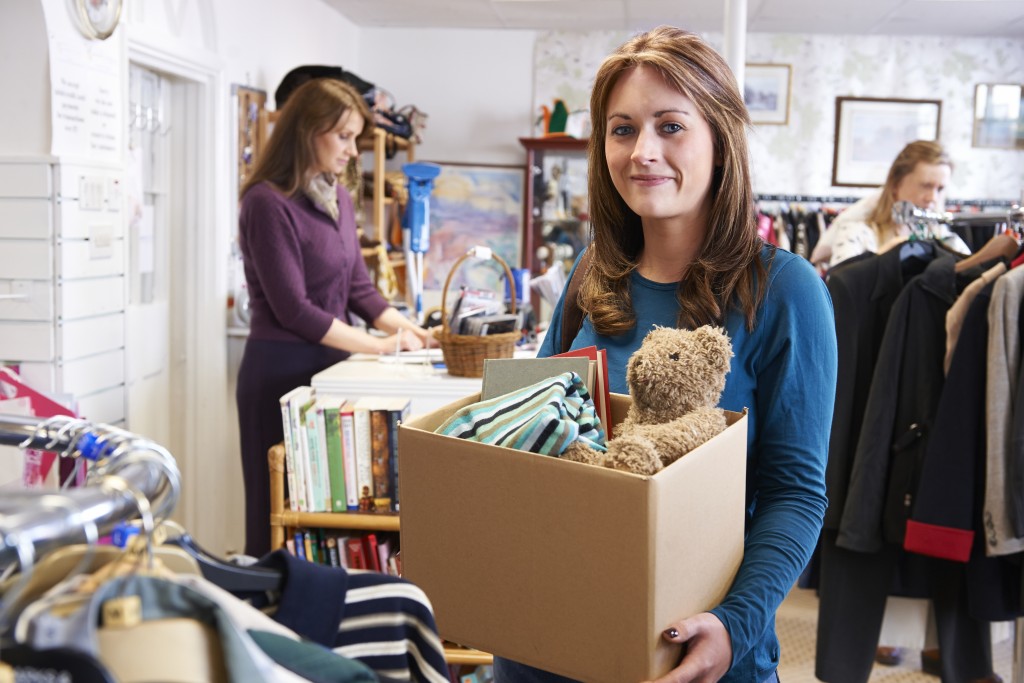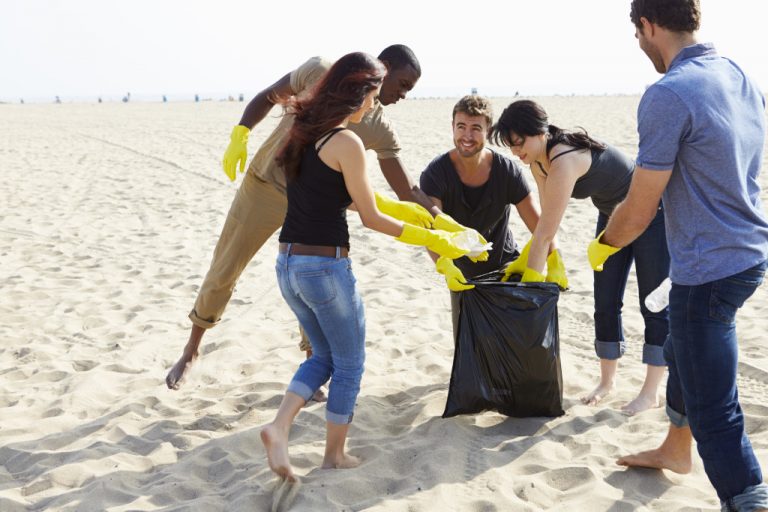Experts say that COVID-19 will be our reality at least until 2021. Since the pandemic started in late December 2019, more than 1 million people have died. Tens of millions of people all over the world are at risk of falling into extreme poverty. The number of malnourished adults and children, already estimated at 690 million, could increase by 132 million before the year ends. Half of the world’s workforce is at risk of losing their jobs permanently.
These numbers are difficult to swallow. It’s staggering and devastating, and it’s no wonder many people would rather bury their heads in the sand and stay in the comforts of their little bubble until all of this goes away. But we need to remember that behind every statistic is a name—someone’s child, mother, father, sister, brother, and friend.
We may feel powerless now, but we all have a part to play in helping save the world. While it’s true that it will take action at a global level, sound policy from world leaders, and compassion and practical help from the world’s wealthiest to stop COVID-19 in its tracks, but there are simple things normal people like us can do to help the most vulnerable among us. Here are some of them.
Practice minimal public health standards.
Perhaps the simplest and one of the kindest things we can do for others right now is practicing minimal public health standards like social distancing, washing our hands with soap and water regularly, and wearing our masks. It shouldn’t be a political issue, just like in many other parts of the world. It’s about caring for our neighbors, even if it’s a tiny inconvenience to us. You never know how many lives you can save just by simply following guidelines from the WHO (World Health Organization) and the CDC (Centers for Disease Control and Prevention).

Donate what you can.
Here are some examples of what you can donate and where you can forward them:
- Money. You can donate financial aid to meal-packing non-profit organizations who can then provide food, clean water, medical care, and education to children in need, both domestically and internationally.
- Food. Feeding America has a list of local food banks that you can donate.
- Blood. The American Red Cross has reported an urgent demand for blood due to the COVID-19 outbreak.
- Clothes. There are plenty of reputable organizations where you can donate usable clothes and blankets.
- Time. There are services, like Be My Eyes, that allow volunteers from all over the world to help the blind with their daily tasks and activities.
Start with your community.
It’s true that there are needs everywhere, but you only need to take a look at your immediate sphere of influence to know that you can start where you are. Here are some ways you can help out in your community:
1. Help the elderly in your neighborhood.
Because COVID-19 is particularly dangerous for the elderly, many of them might not be able to leave their houses as much as they were able to before the pandemic hit. Studies show that stay-at-home orders have heightened feelings of isolation and loneliness among older adults in America.
If you have elderly neighbors, try to drop by their houses (if, and only if, you know for sure you don’t have COVID-19) and ask them if they need anything. You can help them by picking up their groceries, taking their laundry to the laundromat, or just by simply having a meal with them and talking to them. Even something as simple as asking how they’re doing and helping them with their everyday tasks can be extremely helpful.
2. Do some fundraising activities for people who are affected financially.
If there are people in your neighborhood who have lost jobs or whose businesses had to shut down, find ways to help them, even in simple ways. Start a GoFundMe for them, or set up a one-time fundraising activity to help raise money that will help them get back on their feet.
Find ways to help vulnerable groups.
Consider touching base with local nursing homes, senior centers, and other non-profits that are serving those with disabilities, terminal illness, and other health issues. Chances are, these organizations could use help and manpower. Ask them how you can help outside of financial assistance—there’s a chance many of these patients need a friend or someone to discuss these points.
Love Means Action
Having sentiment is great, and sending positive thoughts and prayers are great, but nothing will be able to replace meeting people’s felt and tangible needs. If you were blessed enough to enjoy excess, don’t hesitate to donate what you can to those who have none.


